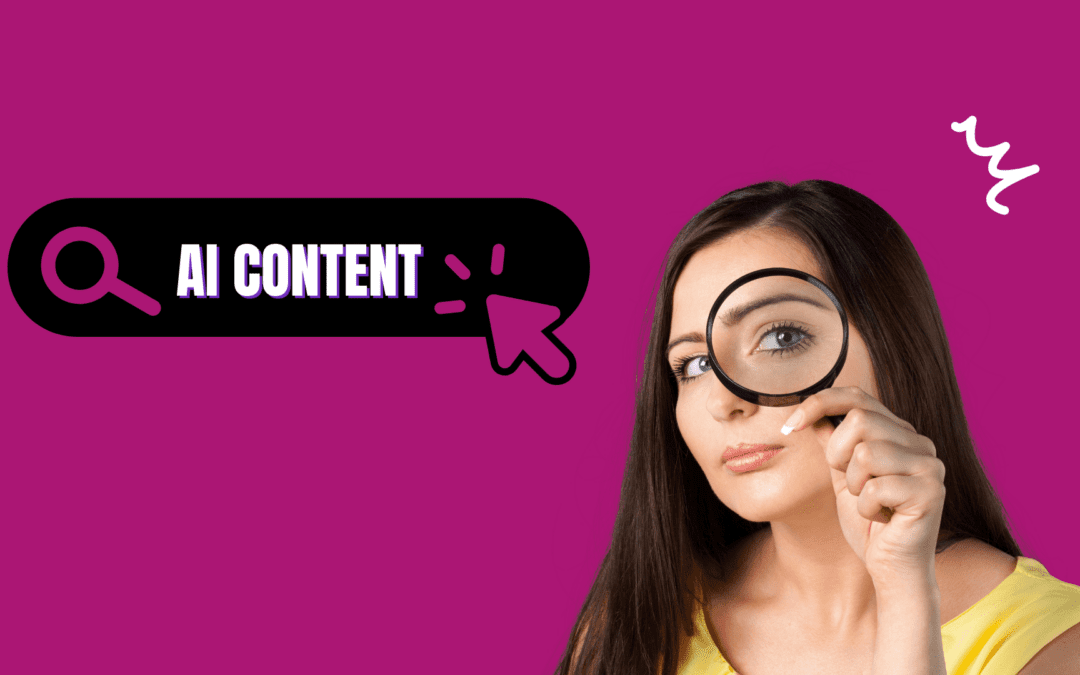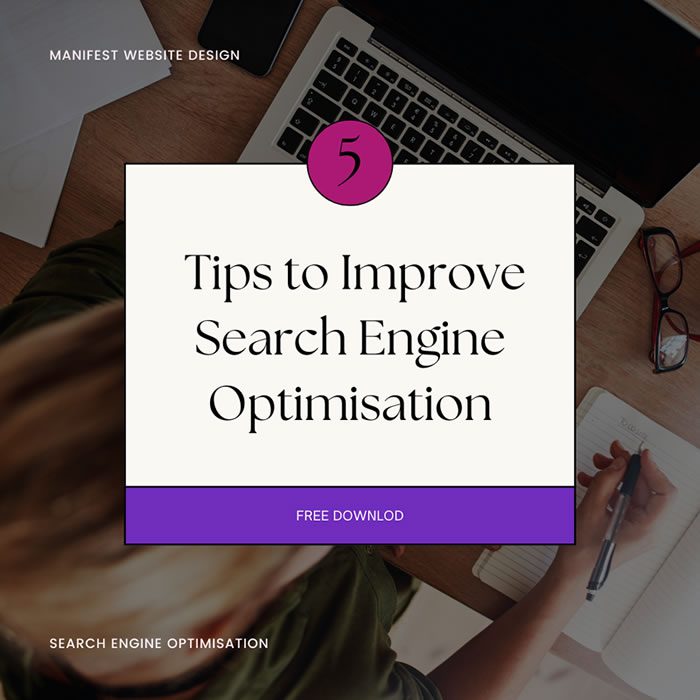Can Google Detect AI Content?
Published on May 31, 2023
Artificial intelligence (AI) has stepped into the content creation arena. Blog content writers who don’t know how to use AI properly think that it can churn out hundreds of articles in a fraction of the time; however, they’d just be publishing the exact same content as others. It can never truly replicate the creativity and insights a human can bring to the table.
So can Google detect AI content? The simple answer is that it depends. The complex answer is that it can detect low quality content that doesn’t follow E-A-T (Expertise, Authoritativeness, and Trustworthiness) guidelines.
Can Google Detect AI-Generated Content?
While Google has not officially confirmed that its algorithms can specifically detect AI-generated content, the company continuously develops its sophisticated algorithms to analyse content that’s relevant, high-quality, and valuable. These algorithms are continuously updated to understand and interpret web content better, which could potentially include the ability to recognize patterns typical of AI-generated content.
If AI-generated content fails to engage users effectively – either due to quality issues or lack of human touch – this could negatively affect engagement metrics (e.g., bounce rate, time spent on space, social shares), indirectly signaling to Google the AI origin of the content.
Just to put emphasis: Google’s primary concern is the value that content provides to users. Whether the content is AI-generated or human-written is less important than whether it is high-quality, informative, and meets the user’s search intent. If AI-generated content achieves these objectives, it may not necessarily be disadvantaged in the SERPs (Search Engine Results Pages).
When using ChatGPT for content generation, here are some suggestions for text prompts that could help generate higher-quality content:
- Prompt the model for E-A-T compliant content: When generating a blog post or an article, you can use prompts like, “Write an in-depth, authoritative guide on [topic] that adheres to Double-E-A-T guidelines.”
- Ask the model to consider user intent: Google prioritises content that meets search intent. Depending on whether your target audience is seeking informational, transactional, or navigational content, tailor your prompts accordingly.
- Instruct the model to generate original content: While AI models, including ChatGPT, don’t outright plagiarise, they do generate content based on patterns they’ve learned during training. Encourage the model to generate unique, original content by using prompts such as, “Write a unique take on the implications of remote work for global businesses.”
- Request human-like storytelling: Engaging content often involves storytelling or the use of anecdotes. To get this kind of output from the AI, use prompts like, “Tell a compelling story about a small business in Australia overcoming challenges during the pandemic.”
Pro tip: AI is a tool that augments human creativity and efficiency. I highly recommend that you heavily edit AI-generated content to meet your standards and to ensure that it serves your market’s needs. After all, while AI can produce decent content, it lacks the nuance, emotional intelligence, and creative flair that a human writer can provide.
Follow Google’s E-A-T Content Guidelines to Avoid AI Penalties and Detection
As mentioned, Google’s EAT guidelines provide an excellent framework for ensuring that your content – whether AI-generated or human-written – meets quality standards.
“Expertise” refers to the depth of knowledge exhibited in the content. Even when using AI to generate content, it’s crucial to ensure that the AI has been trained on high-quality, reliable data sources. This increases the likelihood of the AI producing expert content that meets Google’s standards.
“Authoritativeness” is about credibility. It involves demonstrating that the information provided is reliable and comes from a trusted source.
“Trustworthiness”, as the name implies, is about creating content that users can trust. This involves not only providing accurate information but also clearly disclosing the source of the information, maintaining transparency about the use of AI in content creation, and keeping user data safe and private.
Google’s algorithms are also designed to prioritise content that provides the best user experience. This means that, irrespective of whether content is AI-generated, it should be well-structured, easy to understand, and solve a pain point. Incorporating SEO best practices (e.g., using relevant keywords, structuring for readability), can also help boost the performance of any type of content.
If anything, a blend of AI and human involvement can result in high-quality content that adheres to E-A-T guidelines and provides significant value to the reader. Hence, there is less risk of penalties or detection.
Related articles:
How to Make Your Website SEO-Friendly
Artificial Intelligence Lacks Creativity and Originality
While AI, particularly ChatGPT, is an incredibly powerful tool for content creation, it lacks the inherent human capacity for creativity and originality. It can piece together sentences that are grammatically correct and contextually relevant, but the spark of innovation, the stroke of creative genius, and the nuance of emotive connection are, as yet, beyond its reach.
That’s why we designed our SEO services to strike a balance between the two – harnessing the power of AI for efficiency and precision, while amplifying the richness of human creativity to produce content that truly resonates with your target audience. We create content that speaks to the hearts of your audience and attracts the eyes of search engine crawlers. Experience the best of both worlds today.
JILLIAN BRANDON
About the Author
Jillian has over 30 years of experience in technology, programming, and digital marketing. Her work with the stock exchange in Australia, as well as other large corporations, has given her invaluable business expertise.
At Manifest Website Design, she helps goal-driven entrepreneurs build their business, regardless of size and industry, using the power of the internet. She’ll walk alongside you every step of the way, making sure that your website is running smoothly, and most importantly, generating leads. Connect with her on LinkedIn.





